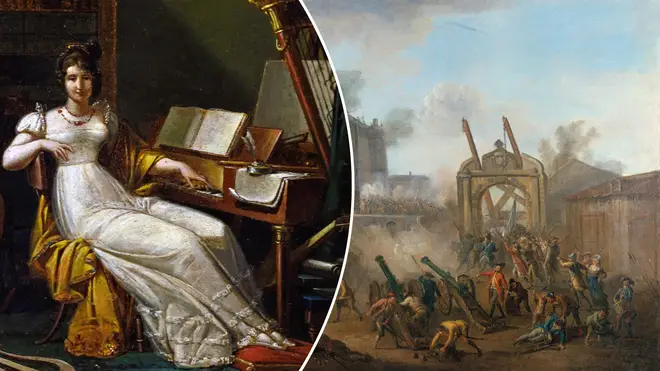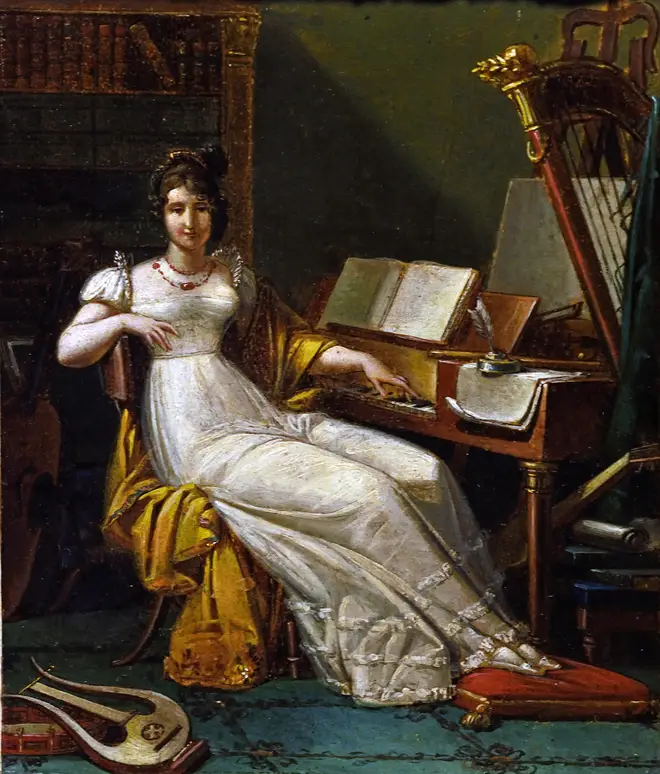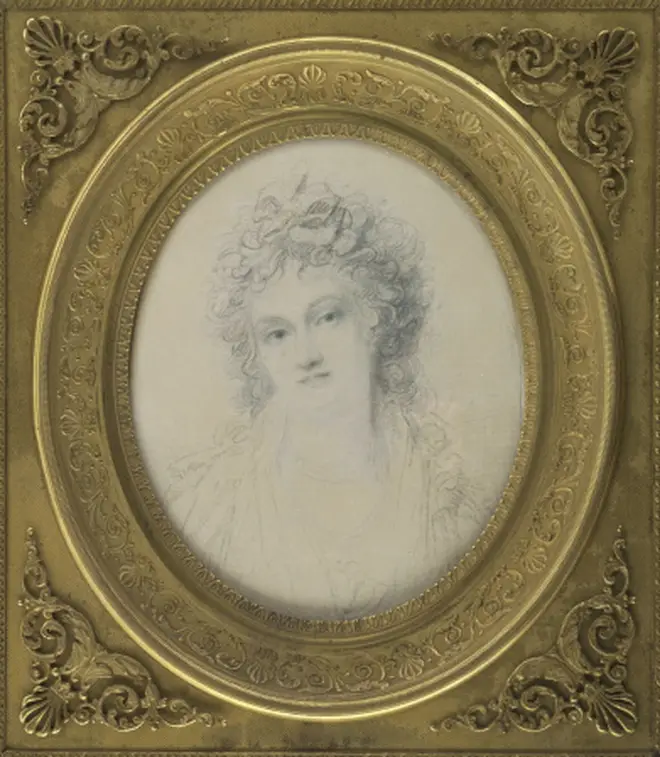On Air Now
Relaxing Evenings with Zeb Soanes 7pm - 10pm
8 March 2024, 12:03 | Updated: 8 March 2024, 12:53

Not only did this composer’s music pave an unprecedented path for women, it also saved her from the guillotine in revolutionary France.
Few musicians throughout history can say their playing liberated them from imprisonment. Even fewer can say it literally saved their lives.
The extraordinary French composer Hélène de Montgeroult can say both.
Despite limited freedoms, rights and privileges in music and wider society as a woman in the 18th century, she went on to make history.
Over two centuries later, her legacy remains completely unparalleled – but her story has been largely forgotten.
Read more: 21 of the greatest women composers in classical music

The piano prodigy was born in Lyon in 1764 to a family of moderate nobility, but she spent many of her early years in Paris. There, she took piano lessons from the great keyboard masters, including Jan Ladislav Dussek and Muzio Clementi, who stayed there in the final decades of the regime preceding the Revolution.
Just before the dawn of the Revolution, she had begun to establish herself as an accomplished pianist, performing in many of the most celebrated Parisian salons. She was also giving piano lessons to the young Johann Baptist Cramer.
The French Revolution erupted across the country in 1789, unleashing a tide of mass political and societal upheaval. It didn’t take long for precarious French society, on the brink of radical change, to descend into chaos.
During the Reign of Terror, Hélène de Montgeroult and her husband, the Marquis de Montgeroult, continued to move from home to home around the country for safety, until they discovered the perfect escape route.
In the summer of 1793, the couple accompanied the newly appointed Ambassador to Naples. All was going to plan, until they were stopped on their journey by Austrian officials. The men were taken to Italy, where they were imprisoned for 10 days, during which time Hélène’s husband tragically died.
Read more: Meet Florence Price, the first Black woman to have her work premiered by a US orchestra

Life was also far from rosy back home in France, where the Montgeroults were under investigation by the Committee of Public Safety as part of their mission to rid society of nobles, aristocrats and foreigners. It wasn’t long before Hélène found herself behind bars in 1794, as the Revolution’s latest prisoner.
Like many other prisoners before her, including King Louis XVI and Marie Antoinette, her future was threatened by the guillotine.
Unlike any prisoner before her, she was able to escape execution and save her own life, all because of her musical talent.
At 30 years old, Hélène de Montgeroult appeared before the Revolutionary Tribunal in court, escorted by a police guard, and sat down at a pianoforte. If the leaders found her talents useful enough to the regime, her life would be spared.
As she lifted her hands to the keyboard, she knew her life was in the balance.
The court asked her to play La Marseillaise, a 1792 patriotic ode to France, which would go on to become its national anthem. Hélène took it a step further, and began to improvise variations on the theme.
At the end of her life-affirming performance, she saw the men had been moved to tears. Moments later, she walked free.
Read more: What are the lyrics to the French National Anthem, La Marseillaise – and what do they mean?

Hélène de Montgeroult was a figure of uncommon courage and skill, who also wrote some spectacularly beautiful music during a time of limited opportunities for women in music.
She was a prolific composer, publishing a total of nine piano sonatas and, between 1788 and 1812, her magnum opus: 114 Etudes, which appeared in the Cours complet pour l’enseignement du forte-piano of 1816 alongside a selection of fantasies, nocturnes for voice and piano and other short pieces.
Her music has been considered the bridge between the classical and Romantic eras. Her biographer, Jérôme Dorival, even described her as “the missing link between Mozart and Chopin”.
The originality of her music allowed her to break the mould for women composers, as did the unusually advanced harmonic language in her work, which gives it the sense of being ahead of its time. Her music struck a unique balance between virtuosic precision, requiring great technical prowess, and rich, almost bel canto melodies. As Erica Jeal said in The Guardian, “Chopin’s C minor Etude sounds less ‘Revolutionary’ after you’ve heard Montgeroult’s swirling Etude No. 107, which anticipates it by 20-odd years.”
Read more: Explore the world’s forgotten women composers in this incredible interactive map

Montgeroult - Etudes
Hélène de Montgeroult’s list of record-breaking accomplishments reads like a shopping list, and her life story reads like a historical fiction novel.
After saving her own life with music, she went on to become the first female professor of music at the Paris Conservatoire in 1795, establish her own salon (‘Madame de Montgeroult’s Mondays’), outlive both her husbands, birth a child, and lead a long life of remarkable success, during one of history’s most ruthless regimes.